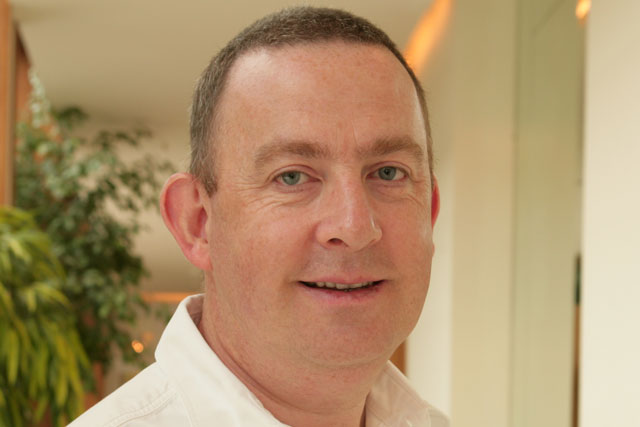After witnessing the Olympic effect up close in London, UK marketers may be reflecting on the potential of Brazil in four years' time. Not only will the South American country be hosting the 2016 Games in Rio de Janeiro, there is also the small matter of the 2014 football World Cup.
Former Unilever chief marketing officer Simon Clift knows the country well. He was the chairman for personal-care products at Unilever Latin America until 2001, adopted a street child from the country and splits his time between Brazil and the UK. As chairman of Sao Paulo-based strategist Touch Branding, he counts L'Oréal, Avon, Unilever, PepsiCo, Kimberly-Clark and Havaianas as clients.
Should Brazil be a destination for marketers seeking a career move?
Brazil is soon to be the focus of the world for the unlikely and unprecedented combination of the World Cup and [the 2016] Olympics. Of all the BRICs, it's the nicest, and the closest to Western Europe in terms of values and language. I managed talent at Unilever and do not know anybody who did not end up loving it when they were there.
Brazil is 'in', both as a 'must-go' destination and as a source of inspiration, particularly for design and fashion. Dior's latest bestselling perfume Escale a Parati is a tribute to the colonial town in which I live.
How will we see 'brand Brazil' materialise here?
The popular image of Brazil is based on Rio de Janeiro – sun, sea, samba, soccer and sexy bodies. The reality is much more complex. Rio and Sao Paulo are like two different countries. Sao Paulo is a frenetic and pulsating city of industrious immigrants, where the best of everything is available. It is the locomotive of the Brazilian economy, responsible for more than a third of GDP. Rio fits the less flattering stereotype rather more.
We saw at the London 2012 Olympics closing ceremony how Brazil sought to portray itself, which was very much along the lines of samba and carnival. I suspect that is what UK brands will latch on to. However, the great thing about the 2012 opening ceremony was how it confounded the sort of cliches that the world might have had about Britain.
How easy is it for brands wanting to break into Brazil?
Brazilians have an inferiority complex about their own brands; if something comes from elsewhere, then it is better. I recently launched a suncare range called Sol de Janeiro, which is currently far more successful in Europe and the US than it is domestically. As Brazilians say: 'A saint at home works no miracles.'
There is a lot of bureaucracy for businesses. People are surprised to learn how expensive everything is. Prices can be two to three times higher than in Europe, which is a big barrier for brands. The Brazilian real is one of the most over-valued currencies.
How developed is Brazil's creative environment?
It's a fantastically creative place. At the Cannes Festival of Creativity, Portuguese is the most-heard language after English. Brazilian agencies have commanded high prices as they have been snapped up by big players trying to get into the market.
Brazil is still the land of the 'rock-star creative', and planners tend to retrospectively justify work. So you get some powerful and emotional creatives. TV advertising is strong but tends to be the answer to every marketing challenge. Partly this is because media agencies are illegal, so creative agencies buy media and, therefore, benefit from the commissions.
How does brand marketing differ from in the UK? How are brands portrayed?
Despite a slowdown, the Brazilian economy is still booming. We work with a lot of local brands, as well as international ones. There are lots of businesses that are a bit like UK banks 20 years ago. A lot of big, well-known brands have not had marketing discipline – it has all been done on gut instinct.
Many are now coming into public ownership, so they need a more rigorous approach than we are familiar with in Europe.
CLIFT ON BRAZIL
Introspection reigns
Senior business people do not speak English. It's a bit of a contradiction that they admire what's going on outside – everything foreign is better – but they are insular about celebrities.
Keeping up appearances
Many of the world's top models, such as Gisele Bündchen, are Brazilian.
The Dove '北京赛车pk10 for real beauty' did not do that well. There is an idea that everyone should make the effort with their appearance.
Find a point of differentiation
Brand Brazil is easy-going, sensuous and sexy. Local brands already have these qualities, so those trying to break into the market will have to differentiate themselves in another way.


